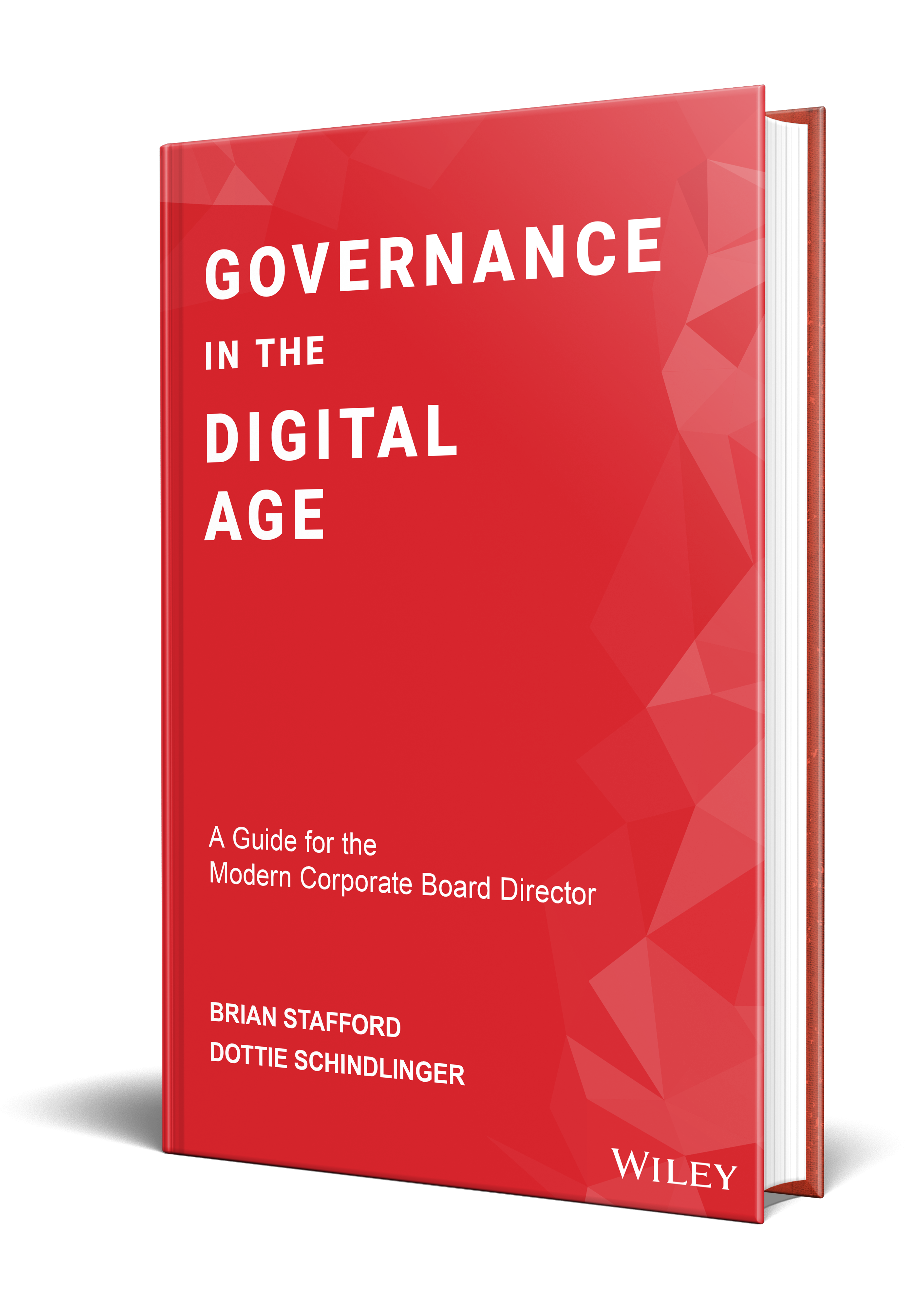Navigating the Unpredictable
The ability to create value, manage risk, and guide a company through an uncertain future requires exceptional skill in communicating and connecting the dots. Supported by strong governance processes and an atmosphere of trust, all these elements acting in consort can add up to the competitive differentiator known as "resilience."
Board resilience may be best illustrated by what happens in its absence. Take, for example, sweeping fraud that costs a corporation billions in fines, revenues, and lost reputation. Offending behaviors go unnoticed at the board level due to a lack of oversight, unacknowledged due to conflicts of interest, and unaddressed due to poor decision-making and governance structures.
Or picture a sweeping breach of customer information. Such a crisis happens on the board's watch because directors don't have the right information at the right time and lack the background, confidence, and candor to confront the threat in a direct, informed, and timely fashion.
How does a board bolster its strength in such a critical area? For many, resilience starts with the right people. To line up the expertise and perspectives they'll need, many boards are developing formal and informal matrices of desired skills and proactively networking through new channels, such as alumni groups and venture capital communities.
To facilitate more timely decision-making, some boards are streamlining management reports to bring the most salient information to the fore. One key tactic is simply asking directors what they want to see. Other boards are using online tools to facilitate document exchange, scheduling, searching and more.
But perhaps the most important tool for board resilience is intangible: candor. According to corporate director Merline Saintil...
It's important to be agreeable but you don't have to agree all the time. I find that what's most beneficial about the two corporate boards that I'm on is that people really challenge each other. You come out of some meetings feeling exhausted because you've been on your toes for hours, but that's the way it should feel.
— Merline Saintil, Board Member, Banner Corporation and Nav, Inc.For this reason, security, anonymity, and trust are vital for a resilient board. "If there is a community component, it needs to be absolutely confidential and directors can't be identified by their comments," said corporate director Nora Denzel, who serves on the boards of AMD, Ericsson, and Talend Software.
Board resilience tactics to try right now
- Examine your board culture to ensure it strikes the right balance between collegiality and "respectful skepticism."
- Consider alternate meeting structures and tools to make board discussions more interactive and effective.
- Approach the board evaluation process as an opportunity for improvement—not a check-the-box exercise.
Board resilience questions to consider
- How well are you encouraging and accepting constructive criticism?
- Through what channels are you seeking diverse opinions?
- What measures is your board taking to remain open to change?






